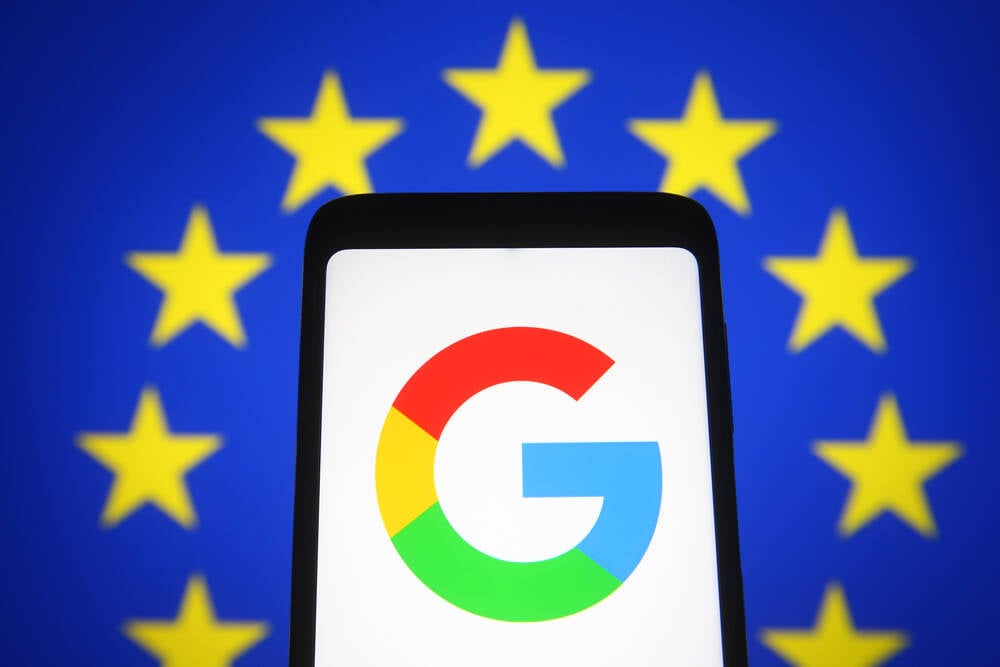
EU says Google scroogles app makers, then gives Apple an antitrust must-do-list
- 19.03.2025 20:21
- theregister.com
- Keywords: Antitrust, Regulation
The EU accuses Google of violating DMA rules by favoring its services in search results and restricting app developer alternatives. Apple must open iOS features to third-party devices under the same regulations.